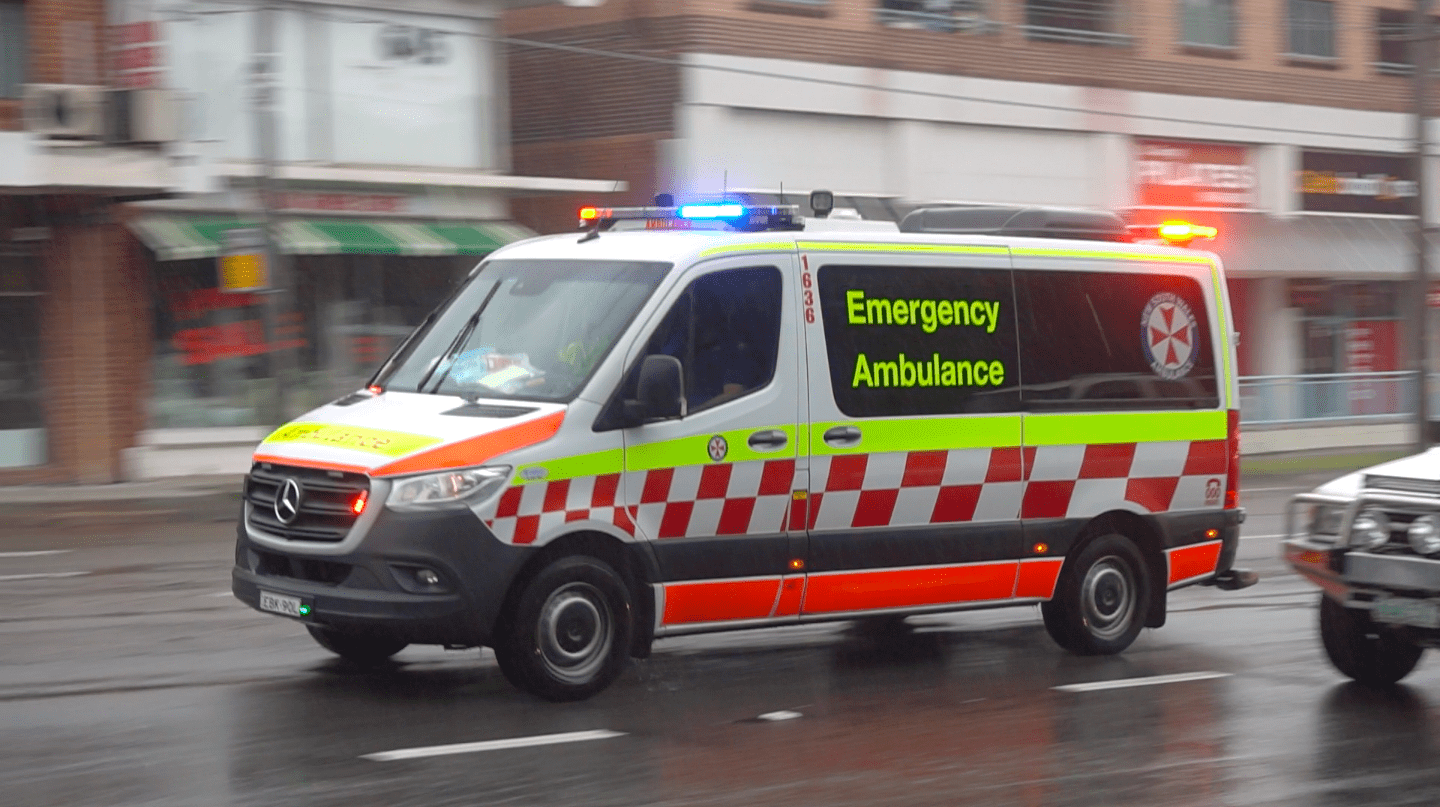The NSW branch of the Australian Paramedics Association (APA) has announced an ongoing ban on billing patients until the state election. Paramedics will be returning to paper based records, refusing to enter patient billing information or report on KPIs.
The APA (NSW) is asking for a genuine pay rise, investment in community care and regional health support, an increase in specialist paramedics and more patient transport officers around the state. Paramedics have reported adverse patient outcomes, including patient deaths, due to bed blocks at hospitals and slowing response times.
As of 20 February 2023, the APA (NSW) has received confirmation that the Greens, Animal Justice Party and One Nation support their demands from the ‘We Deserve Better campaign’. Labor has not responded to the APA’s correspondence, but has committed to ending the wage cap, increasing the number of regional paramedics, and implementing all recommendations from the Parliamentary Inquiry into health outcomes and access to health and hospital services in rural, regional and remote New South Wales. The NSW Liberal National Party has supported 41 of 44 of the recommendations from the inquiry, but did not support the introduction of more specialist paramedics rather preferring to profile the needs of regional areas.
While the NSW government announced $1.76 billion for ambulance services in the 2022 budget — to increase the number of paramedics — the APA has stated that unless working conditions improve paramedics will continue to leave the profession.
“Paramedics have spent the last three years working through fires, floods, and the pandemic, all to effectively receive three successive pay cuts” said APA (NSW) President Chris Kastelan, in a media release.
An emergency ambulance can cost a resident of NSW a base fee of $415 for emergencies and $327 for non-emergencies, with a variable rate per kilometre of $3.74 and $2.02 respectively. This represents 51% of the actual cost, with the remainder subsidised by the NSW government.
This industrial action follows ongoing industrial campaigns among NSW rail workers, teachers, nurses, and university staff.





